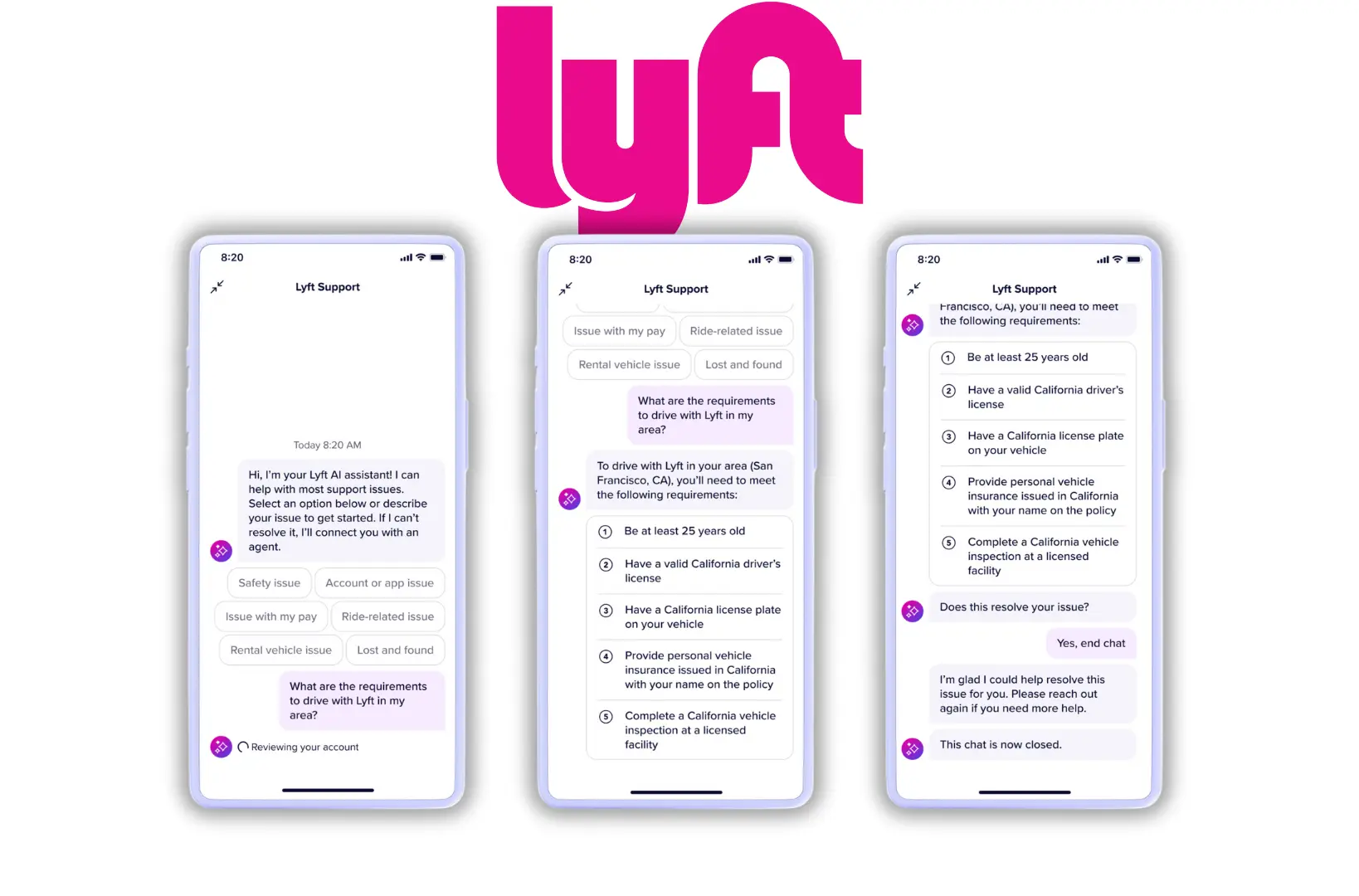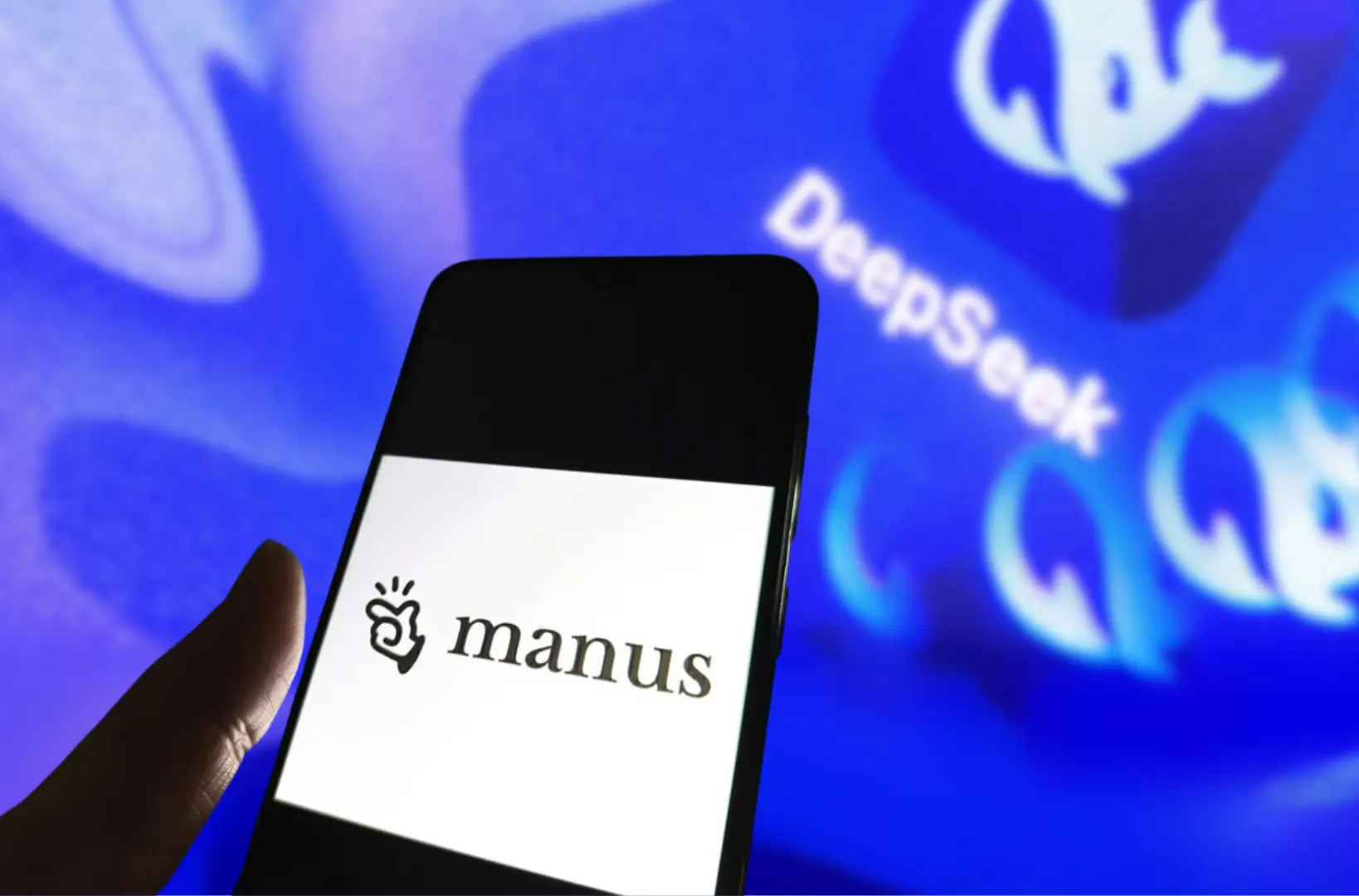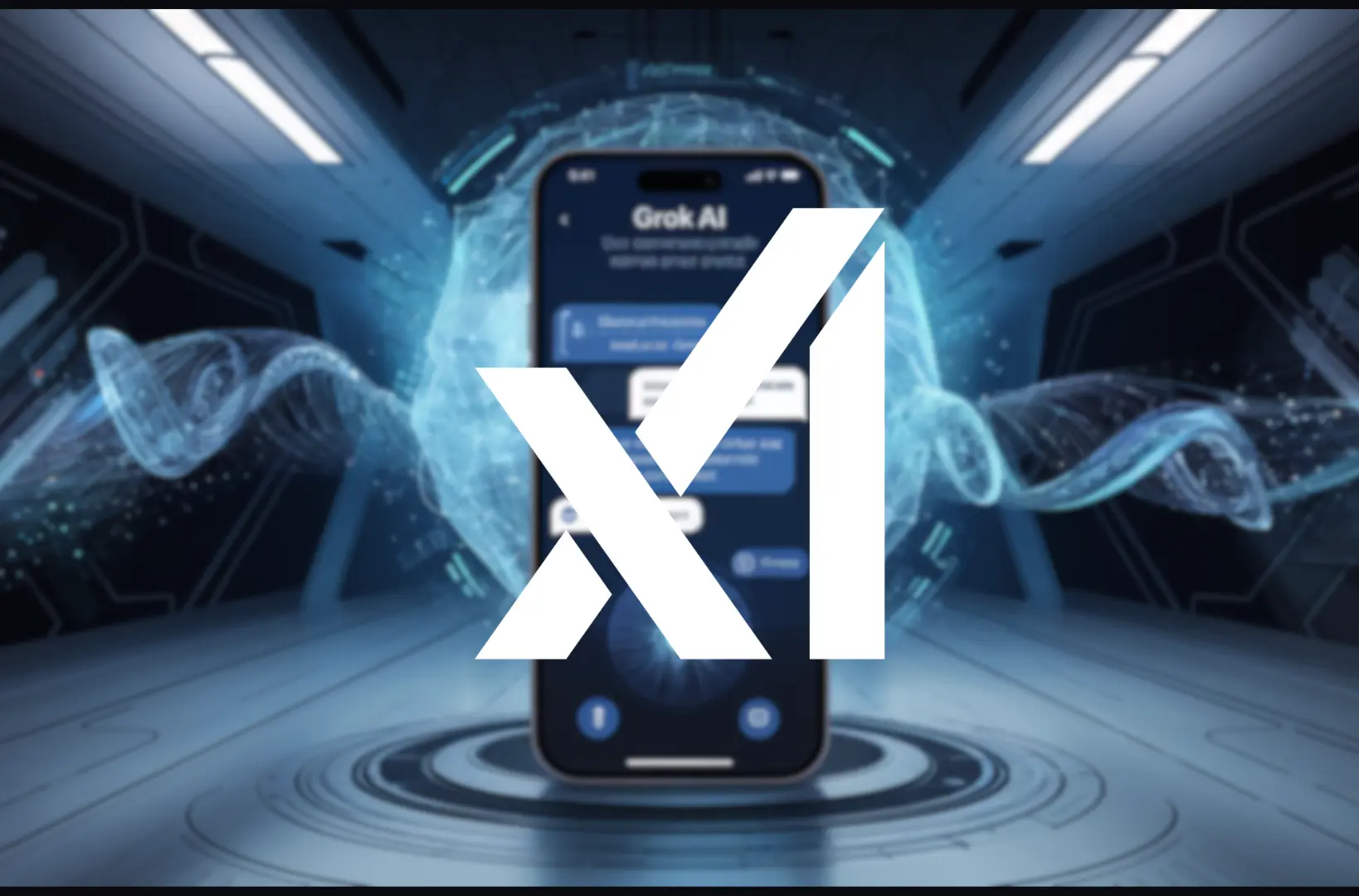The ride-hailing landscape is constantly evolving, and Lyft is once again at the forefront of innovation. In a move that promises to redefine customer service in the transportation sector, Lyft has announced its integration of Anthropic’s cutting-edge AI model, Claude, into its customer support system. This partnership marks a significant step towards providing faster, more efficient, and ultimately, more satisfying support experiences for Lyft’s millions of riders and drivers. But what does this mean for the average Lyft user, and how will Claude shape the future of customer interaction within the ride-hailing industry?
The Challenge of Scaling Support in the Ride-Hailing Era
Ride-hailing services operate on a massive scale, connecting millions of users across the globe. This vast network generates a tremendous volume of customer service inquiries, ranging from simple questions about fares to more complex issues like lost items or accident reports. Traditional customer service models often struggle to keep pace with this demand, leading to long wait times, frustrating interactions, and ultimately, dissatisfied customers. For Lyft, providing timely and effective support is crucial for maintaining user trust and loyalty in a competitive market.
Enter Claude: The AI Revolutionizing Customer Interaction
Anthropic’s Claude is a next-generation AI model designed with a focus on helpfulness, harmlessness, and honesty. Unlike some AI models that prioritize generating responses regardless of accuracy, Claude is trained to provide reliable and informative answers. Its advanced natural language processing capabilities enable it to understand the nuances of human language, allowing it to interpret complex customer queries and provide tailored solutions. This makes Claude ideally suited for handling the diverse range of inquiries that come into Lyft’s customer service channels.
How Claude is Transforming Lyft’s Customer Support
Lyft’s integration of Claude is already transforming the way customer service is handled. Here are some key benefits:
- Reduced Wait Times: By automating responses to common questions and providing instant support, Claude significantly reduces wait times for users seeking assistance. This means less time spent waiting on hold or refreshing the support page, and more time enjoying the convenience of the Lyft platform.
- 24/7 Availability: Claude operates around the clock, providing instant support whenever and wherever it’s needed. This eliminates the limitations of traditional support hours and ensures that users can get help regardless of the time of day or night.
- Personalized Support: Claude’s ability to understand context and tailor its responses allows for a more personalized customer experience. Instead of generic answers, users receive information that is directly relevant to their specific situation.
- Increased Efficiency: By automating routine tasks and freeing up human agents to handle more complex issues, Claude improves the overall efficiency of Lyft’s customer support operations. This allows Lyft to handle a higher volume of inquiries with the same or even fewer resources.
- Improved Agent Experience: Claude doesn’t replace human agents; it empowers them. By handling routine inquiries, Claude allows human agents to focus on more complex and challenging cases, leading to a more fulfilling and less stressful work environment. This can also lead to improved job satisfaction and reduced employee turnover.
- Data-Driven Insights: Interactions with Claude generate valuable data that Lyft can use to identify trends, pinpoint common issues, and improve its overall service. This data-driven approach allows Lyft to continuously optimize its customer support processes and enhance the user experience.
Beyond the Basics: The Potential of AI-Powered Support
The integration of Claude is just the beginning of what’s possible with AI-powered customer support. In the future, we can expect to see even more sophisticated applications of AI in the ride-hailing industry, such as:
- Proactive Support: AI could be used to anticipate potential issues and proactively reach out to users with solutions before they even encounter a problem. For example, if a driver is running late due to traffic, the system could automatically notify the rider and provide an updated ETA.
- Multilingual Support: AI can easily be trained to handle multiple languages, making it possible for Lyft to provide seamless support to its diverse user base around the world.
- Emotional Intelligence: As AI technology evolves, it will become increasingly adept at recognizing and responding to the emotional state of users. This will allow for more empathetic and personalized support interactions.
- Integration with Other Services: AI-powered support could be integrated with other services, such as maps and traffic updates, to provide users with a more comprehensive and informative experience.
The Human Touch Remains Essential
While AI offers tremendous potential for improving customer support, it’s important to remember that the human touch remains essential. Complex or emotionally charged situations often require the empathy and judgment of a human agent. Lyft understands this, and its integration of Claude is designed to complement, not replace its human support team. The ideal scenario is a hybrid approach, where AI handles routine tasks and provides quick answers, while human agents are available to handle more complex issues and provide personalized support when needed.
The Road Ahead for Lyft and AI in Ride-Hailing
Lyft’s adoption of Anthropic’s Claude is a clear indication that AI is poised to play a major role in the future of customer service. As AI technology continues to advance, we can expect to see even more innovative applications in the ride-hailing industry and beyond. For Lyft, this partnership represents a commitment to providing the best possible support experience for its users, ensuring that every ride is not just convenient, but also backed by reliable and readily available assistance. The road ahead is paved with possibilities, and with AI at the wheel, Lyft is driving toward a future of seamless and satisfying customer interactions.

Jahanzaib is a Content Contributor at Technado, specializing in cybersecurity. With expertise in identifying vulnerabilities and developing robust solutions, he delivers valuable insights into securing the digital landscape.








